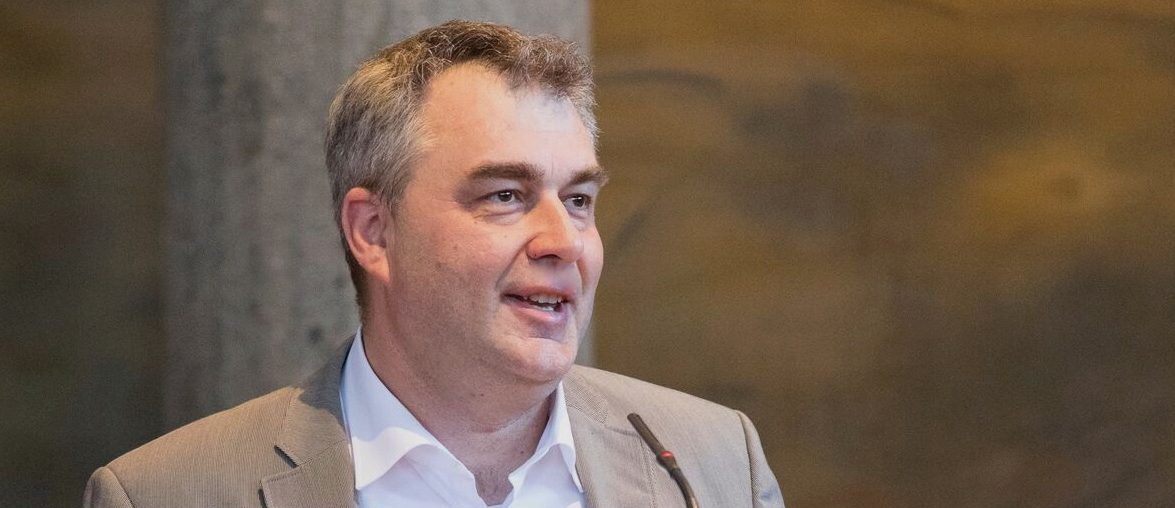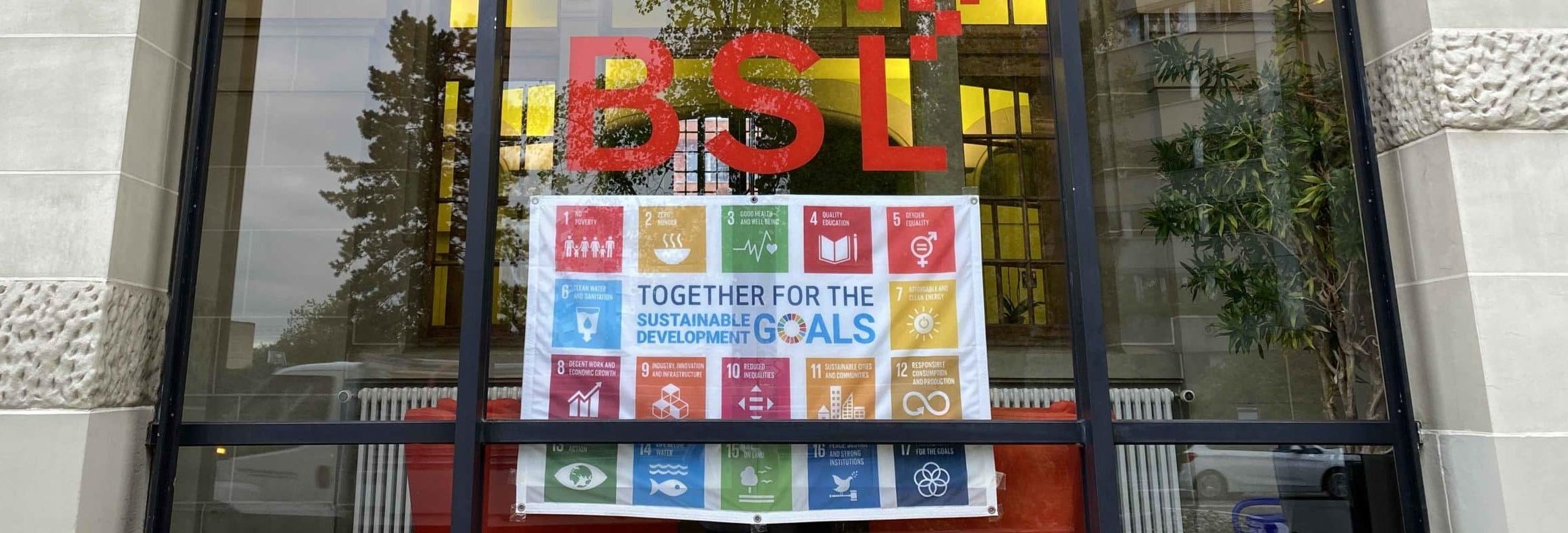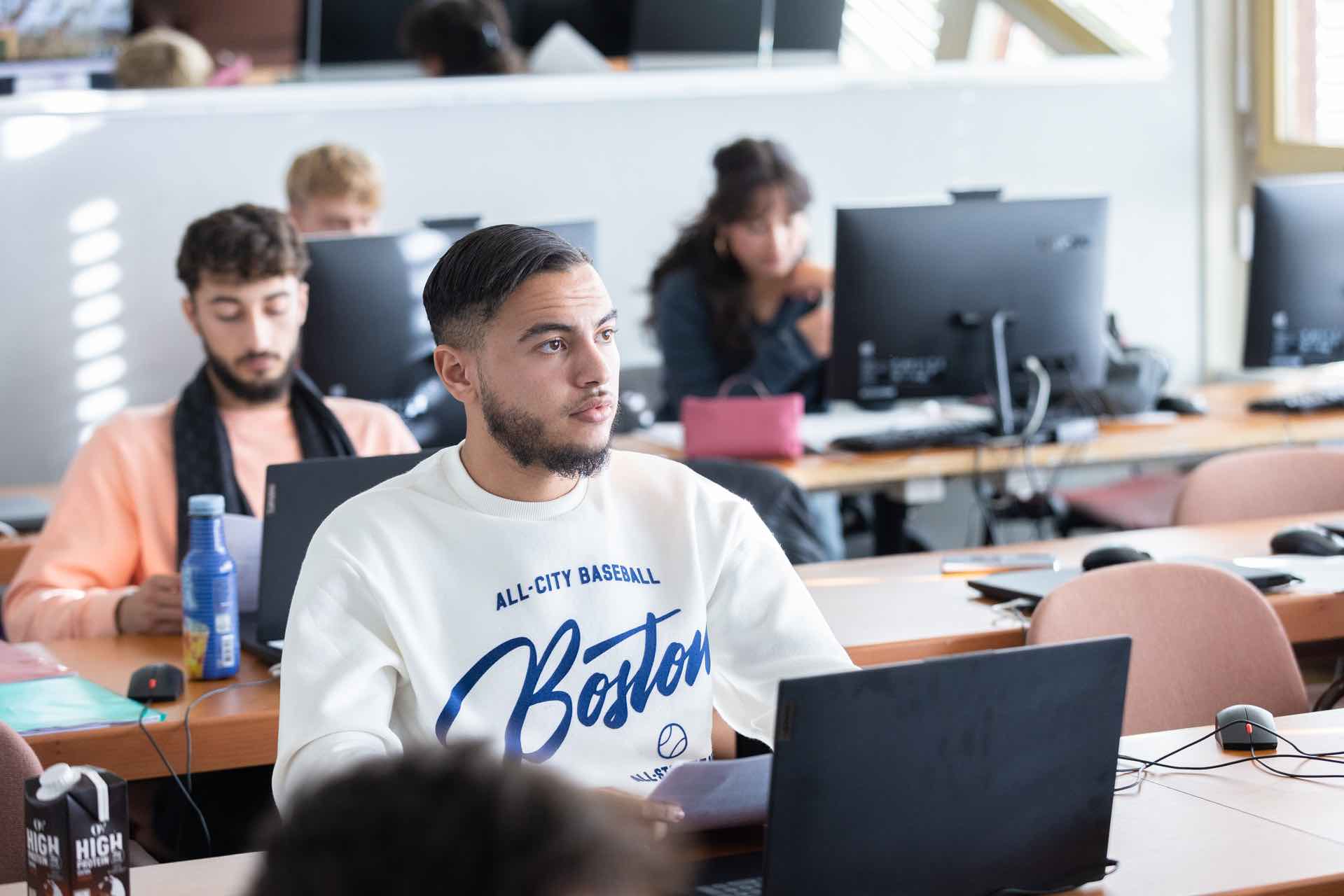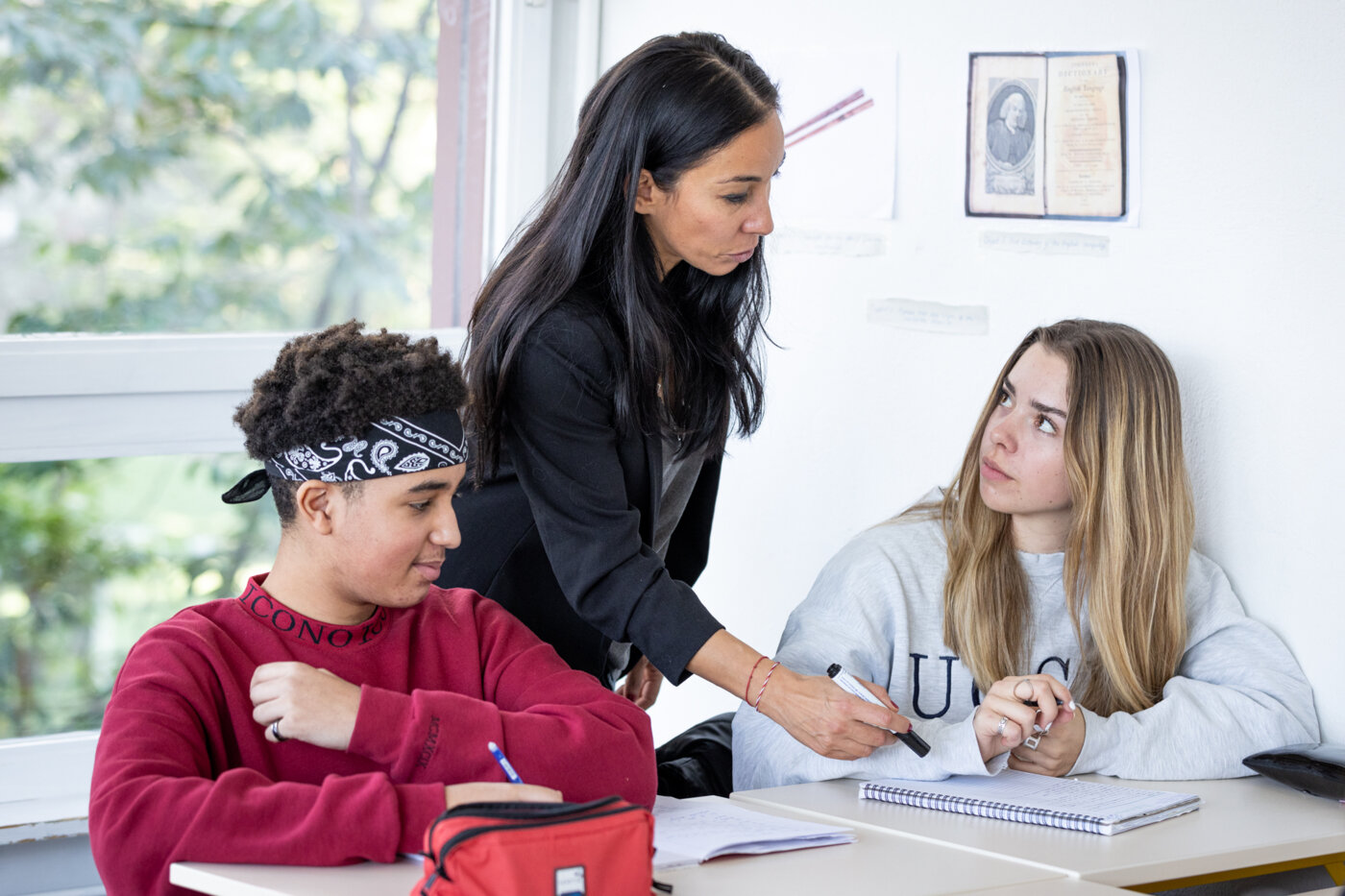CEO of Lemania Swiss Group of Schools, David Claivaz answers the questions of Forbes Education for its special edition on Switzerland.
Interview of Dr. David Claivaz by Forbes Education in Russia

In your book Edupreneurial Pivot, you say that the industrial era schools, which we are accustomed to, do not fit in the modern world. What’s wrong with them?
The Western system of education of the late 20th century, which is familiar to us (probably in Russia, it’s a similar situation), proceeded from the goals that were natural for the industrial era.(1)
This system assigned a crucial role to the performance of routine tasks: you performed many exercises of the same type, which were repeated over and over again.
This is a great and highly effective approach if you want to prepare a factory worker who will have to carry out repetitive, routine tasks throughout his life. Strict discipline and unconditional adherence to the rules were also of great importance because, in industrial production, everything must be carried out following a single standard. The lack of punctuality of one person can disrupt the operation of the entire conveyor.
Remarkably, the industrial era school prepared children for a world where there was no multiculturalism. The industrial society was aiming at being very homogeneous. As a result, priority was given to studying the native language, geography, and history of the student’s area.
And it was the right approach that prepared children for the world in which they were to live. The industrial era school made a giant leap forward. It was wonderfully effective, as less than 5% of the population in Europe was literate in the 1800s.
Looking at this success, the industrial era school may seem to be the optimal, correct system.
Because of this feeling, we are now faced with a problem. The world we live in has changed and continues to change.
The design of the education system is running full speed in the wrong direction. It is not « broken down » (2). It is working very well for a world that is not ours anymore.
This is worse than being broken down. A « broken » system is a place for excellent pedagogy, positive experience, and great ideas in education (3). But suppose the system goes in the wrong direction. In that case, its disruption with reality is more significant the further the system goes.
Before the pandemic, everyone was already familiar with the term « VUCA » (4). At any conference, everyone repeated this trendy acronym. It was everywhere. But not in the education system. For schools, VUCA seemed like a distant, obscure concept.
For something to change in education, exceptional circumstances were needed – such as a pandemic. COVID was the first significant manifestation of VUCA to come to schools.
The system failed the test because it was utterly unable to adapt to the new environment. Suddenly everyone realized that the industrial era school does not know how to change and adapt. It doesn’t fit in the modern world (5).
What should a school be like in the VUCA world? What should it teach?
Here we should turn to another term that has been widely known for more than 10 years – « 21st-Century Skills. »
There is the original 4C’s list of skills: creativity, collaboration, critical thinking, and communication.
Of course, all these skills are fundamental in the future world. Still, they are pretty abstract and, based on this list, it is challenging to create a really working learning system. Therefore, we approach the question differently.
We analyzed what skills are needed to pave one’s way in the world, be successful in it, and achieve goals.
Who are the people that are best at getting results in the VUCA world?
If you think about it, you will find that entrepreneurs have adapted to the world of VUCA best of all. Jeff Bezos, Elon Musk, Steve Jobs are examples of successful entrepreneurs. We decided to research which skills and qualities are inherent in people with an entrepreneurial mindset. We have compiled our own list of critical skills (6).
One crucial point to understand is that these skills can be contradictory.
One of the vital skills on the list is curiosity – the ability to admire, the desire to explore the world around. But with the help of this skill alone, it is unlikely that it will be possible to bring the conceived project to an end. Therefore, another essential skill is the ability to achieve results in the planned time frame. In fact, what matters is to teach children how to balance these opposing forces.
How can children be taught entrepreneurial thinking? (7)
We proceed from the principle that everyone needs entrepreneurial thinking: children and our management, professors.
We try to practice what we teach.
Suppose I am a teacher and teach children to collaborate. In that case, you need to ask yourself: « Am I building collaboration in communicating with students? » I have to involve students in the learning process as my partners and not just tell them what they should do.
We rely on our own example and do not use the adult’s right to dictate to children what they should do. When you teach someone skills, you have to prove that you have them. Imagine a Russian language teacher who does not know Russian – this is impossible!
But for some unimaginable reason, when it comes to 21st-century skills, students are often taught different techniques by teachers who do not develop these skills in themselves. We must have our own experience of self-development to rely on it in finding ways to teach children.
Lemania School relies on « entrepreneurial pedagogy. » What is it?
Imagine a teacher. Suppose you ask him: « Why are you teaching this particular topic today? » In that case, you will hear in the overwhelming majority of cases the answer that the topic is in the curriculum.
You know schools are the best planners in the world! They plan weekly schedules, programs, study materials, tests, and exams – everything in the world.
But outside the classroom, if we wait for plans in all situations, we are likely to go badly off track.
Entrepreneurs constantly adjust their plans according to the problem. They do not rely on a plan but on a vision.
In entrepreneurial pedagogy, vision is understanding why you are here. What is expected of you? What do you expect from your students? Only by answering these questions, the teacher can understand what kind of result he wants to come to.
Suppose a teacher enters a classroom with a similar vision instead of a standard curriculum. In that case, the likelihood of success increases exponentially. Professors do not graduate from teacher college because they want to fix a lack of discipline in the classroom, please parents, or enjoy an extended summer vacation. They decided to teach because they saw this as their calling. They had a vision of their mission.
The first thing we need to learn from entrepreneurship is connecting with the vision of a global mission.
The second important rule from entrepreneurship: the ability to solve the problems for people is more important than the opportunity to benefit.
The product should relieve you of pain points. For example, the Nespresso coffee machine became popular not because it is advertised by George Clooney but because it solves the consumer’s problem. Making coffee is quite tricky – you mess up the kitchen, a lot of coffee is wasted, you never know if you put in the correct number of spoons. Capsules relieve you of these complications. When you create a new product, you must answer the question for yourself: what problem do you want to solve with your product?
Concerning pedagogy, there are specific approaches to creating exercises that get rid of « pain points. »
Once you have a vision and understanding of the problem you are solving, you need to choose methods. And this is where the third principle from entrepreneurship comes to the rescue – « Fail fast. »
When building a startup, it’s essential to quickly test your hypothesis and, if it doesn’t work, abandon it.
This is usually not what teachers do. If something doesn’t work, they repeat the same thing over and over and then over again. You have to experiment, try different methods with students, look for ways to achieve the desired result.
An essential characteristic of entrepreneurship is the need to make mistakes because they (and not successes) help learn. Frequently, you don’t know why you succeeded at something. But you always know why you failed. So, in entrepreneurial pedagogy, it is important to try different methods to explore and not get stuck. If something doesn’t work, don’t repeat it, but look for other ways to achieve the goal.
What can we achieve with entrepreneurial pedagogy?
The main thing is differentiation.
Today it is impossible to teach all children of the same age in the same way because they are all different: from different cultures, different families, boys and girls – and these are just the simplest, noticeable differences. The « one size fits all » rule does not work, because in this case, someone is inevitably left by the wayside.
Entrepreneurial pedagogy makes you look for solutions. It fosters a creative approach, the habit of conducting experiments, makes you constantly think about the goal, and answer yourself to the question, « Why am I doing this? » And it also brings up in children the need to learn their whole lives.
If you have an entrepreneurial mindset, you are building your own life. You do not have the feeling that your destiny is predetermined and that nothing depends on you.
What are some other characteristics of Lemania? Apart from the entrepreneurial approach
Firstly, we are located in the city center, not in the mountains, like many other schools. Lausanne is amazing. This is an absolutely safe place with excellent ecology. Because we are not cut off from the outside world, the children’s experience is not limited to being on campus – they have the opportunity to experience real pre-university life. They find themselves in a safe environment to gradually prepare for their future freedom and independence.
Secondly, we work closely with local universities. For example, our students regularly visit the laboratory of the University of Lausanne, which certainly surpasses any school laboratory in terms of equipment and size. Management lessons are held in business schools. Students interact with professors and undergraduate students, participate in clubs and integrate into a new environment.
Our students have a wide range of disciplines to study. Still, we have also developed individual trajectories for admission to several Swiss universities – after all, each university has its own specifics and preferences.
An essential feature of Lemania is that each student receives constant support from the entire team – management, professors. As the CEO of the group. I go to most of Lemania’s graduation ceremonies. And every time, there is at least a graduate who comes up to the school director or a professor and says: « You saved my life » – implying that, having come to us with any academic difficulties or personal problems, with our support, he was able to overcome these difficulties, became master of his own life and his future.
Student support is not just words for us. This is our vision and the primary mission of education.
(1)
The idea was introduced by Sir Ken Robinson. For a brief description, please see his TED Talk: https://www.ted.com/talks/sir_ken_robinson_do_schools_kill_creativity
The idea is also developed systematically in his book: Creative Schools: The Grassroots Revolution That’s Transforming Education, Penguin, 2016
(2)
The idea is introduced by Sugata Mitra. See his TED Talk: Build a School in the Clouds https://www.ted.com/talks/sugata_mitra_build_a_school_in_the_cloud/transcript
(3)
See for example, this story in Mexico : https://www.wired.com/2013/10/free-thinkers/
(4)
VUCA – volatility , uncertainty, complexity, ambiguity.
(5)
See Andreas Schleicher’s Interview: https://hundred.org/en/articles/andreas-schleicher-calls-for-international-collaboration-entrepreneurial-teachers-amidst-covid19
(6)
For the complete description of the list, see the book « Edupreneurial Pivot »: https://www.amazon.com/Edupreneurial-Pivot-Entrepreneurial-Grassrouts-Transformation-ebook/dp/B0957SNLML/ref=sr_1_1?dchild=1&keywords=Edupreneurial+Pivot&qid=1629188737&sr=8-1
(7)
For stories on Entrepreneurial Teaching, see Twenty-One, the podcast and blog on 21st Century Education and those who make it : https://edupreneurialpivot.com/en/home-t/twenty-one-the-podcast/
Original interview (in Russian) : https://education.forbes.ru/special-projects/switzerland/lemania/david-claivaz
Other posts

Climate Change: Why We Shouldn’t Be Discouraged Despite Trump’s Return to Power

We are not condemned to choose between happiness and ecology

When the vocational training is just a first step

Writing by hand helps you remember, or the proper use of tablets

Ovomaltine, Rolex, Nescafé, Swatch or Nagra. What do they all have in common?

Pedagogy: from commonplaces to key concepts